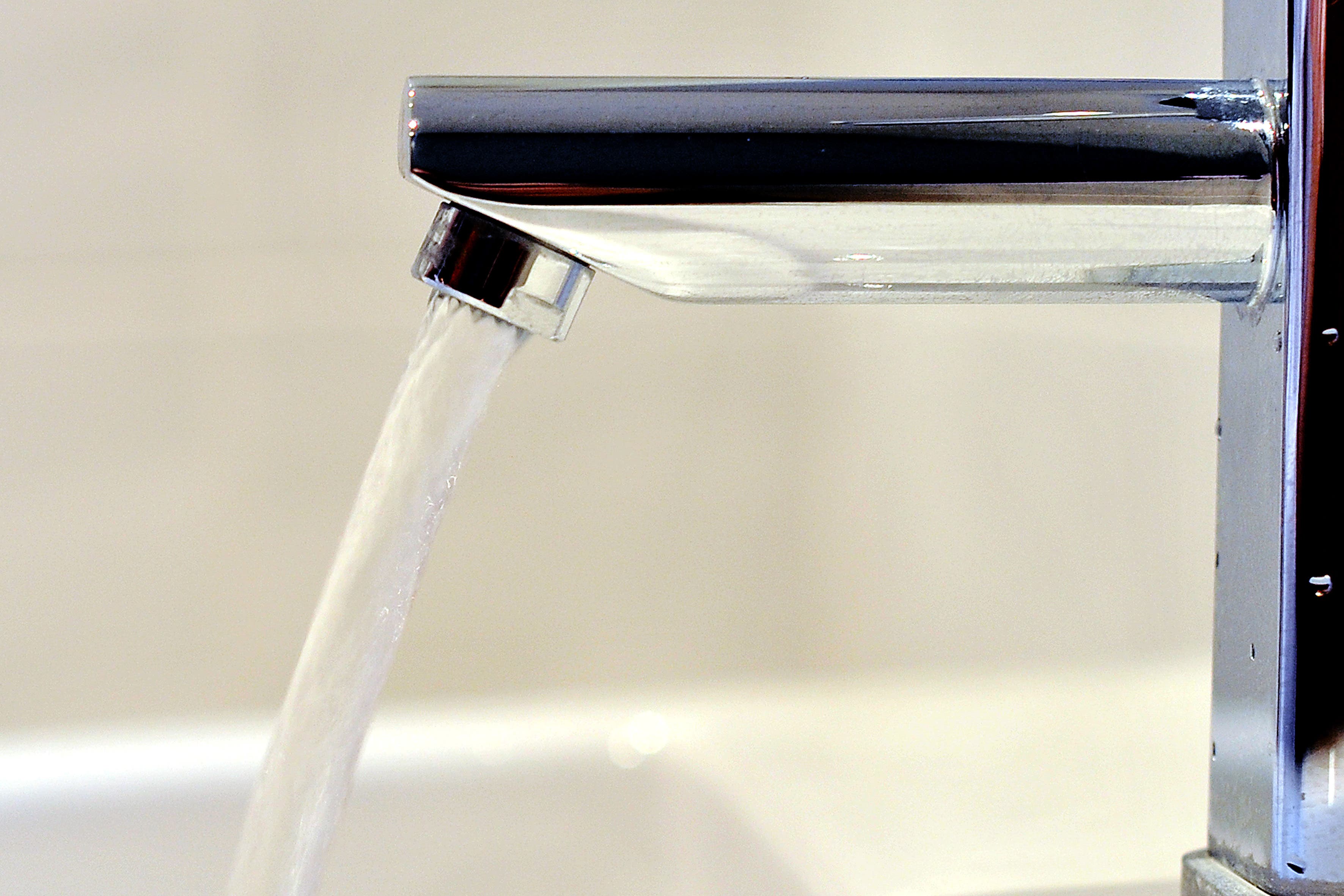Water charges ‘would be biggest revenue raiser by far in Northern Ireland’
The move could bring in £350m million per year, the Northern Ireland Affairs Committee was told.

Your support helps us to tell the story
From reproductive rights to climate change to Big Tech, The Independent is on the ground when the story is developing. Whether it's investigating the financials of Elon Musk's pro-Trump PAC or producing our latest documentary, 'The A Word', which shines a light on the American women fighting for reproductive rights, we know how important it is to parse out the facts from the messaging.
At such a critical moment in US history, we need reporters on the ground. Your donation allows us to keep sending journalists to speak to both sides of the story.
The Independent is trusted by Americans across the entire political spectrum. And unlike many other quality news outlets, we choose not to lock Americans out of our reporting and analysis with paywalls. We believe quality journalism should be available to everyone, paid for by those who can afford it.
Your support makes all the difference.Introducing water charges in Northern Ireland would be by far the biggest revenue raiser in the region, a Westminster committee has heard.
Paul Johnson, a former chair of the Independent Fiscal Commission for Northern Ireland, said water charges could bring in £350 million per year.
He told the Northern Ireland Affairs Committee that while there is “not a great deal of keenness to make that change”, it is “a big number” and “would bring Northern Ireland into line with the situation in the rest of the UK”.
Earlier this week, the region’s Department of Finance opened a consultation on changes to rates relief after being requested by Secretary of State Chris Heaton-Harris to consider ways of increasing revenue.
It has been estimated that Stormont departments need hundreds of millions of pounds in extra funding to maintain public services at their current level this year, while hundreds of millions more are needed to settle a series of public sector pay disputes in the region.
The Northern Ireland Affairs Committee is considering the sustainability of the region’s public finances
Giving evidence to the committee on Wednesday, Mr Johnson said other potential ways of raising revenue were “relatively small”.
“There are some aspects of industrial rating which is significantly more generous in Northern Ireland than in England, there are some welfare mitigations which make the welfare system in Northern Ireland somewhat more generous than in England – prescription charges is quite small, £20 million or so,” he told MPs.
Earlier, the committee heard that some of Stormont’s budget issues are the “direct result of austerity”.
Professor Gerald Holtham, a former chair of the Independent Commission on Funding and Finance for Wales, said: “The experience that you’re having now is is the direct result of the general austerity on public spending in the UK as a whole.”